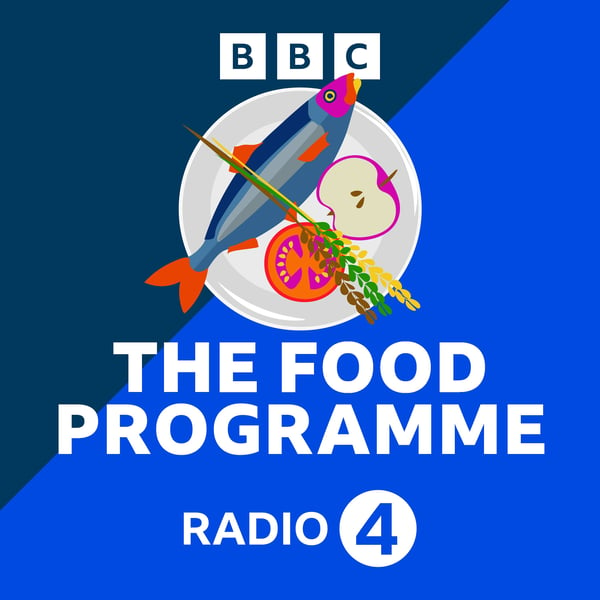Eco-labelling for food - what difference could it make?
The Food Programme
BBC
4.4 • 943 Ratings
🗓️ 6 February 2022
⏱️ 29 minutes
🧾️ Download transcript
Summary
Jaega Wise explores how environmental-impact labels on food and drink products could help lower the carbon footprint of the food industry. Although there’s been an increase in the number of companies using different kinds of carbon and eco labels, they still appear on a small minority of products. There are growing calls for there to be a unified system for calculating the environmental impact of food production – one that not only measures carbon emissions, but also other impacts like water use and biodiversity loss, all using the same internationally agreed method so shoppers can compare products fairly and accurately. So what would it take for environmental labelling to become widespread? Jaega Wise talks to non-profit organisation Foundation Earth about their plans to establish an eco-impact label that could be used across Europe. We look at how a more harmonised approach could encourage more companies to get on board, increase public trust, and trigger change across food supply chains as companies look for more eco-friendly ways of producing, manufacturing, transporting and packaging food.
Presented by Jaega Wise and produced by Sophie Anton for BBC Audio in Bristol.
Transcript
Click on a timestamp to play from that location
| 0:00.0 | You don't need us to tell you there's a general election coming. |
| 0:04.7 | So what does it mean for you? |
| 0:06.7 | Every day on newscast we dissect the big talking points, the ones that you want to know more about. |
| 0:12.4 | With our book of contacts, we talk directly to the people you want to hear from. |
| 0:16.8 | And with help from some of the best BBC journalists, |
| 0:19.5 | we'll untangle the stories that matter to you. |
| 0:23.0 | Join me, Laura Kunsberg, Adam Fleming, Chris Mason and Patty O'Connell for our daily |
| 0:28.4 | podcast. |
| 0:29.4 | Newscast, listen on BBC Sounds. BBC Sounds. BBC Sounds, music radio podcasts. |
| 0:38.0 | Hello, you've downloaded a podcast of BBC Radio 4's The Food Programme. |
| 0:43.0 | Welcome to our world, from cooking to culture, politics to pleasure. |
| 0:48.0 | We hope you enjoy it. |
| 0:50.0 | So I've got a carton of oat milk. On the front of it in very big letters it says |
| 0:59.4 | climate footprint of 0.47 kilos of CO2 per kilogram. |
| 1:07.0 | To be honest, I don't really know what that means. Is that good? Is that bad? |
| 1:12.0 | I don't know. The reason I've been rummaging in my fridge is because I'm looking |
| 1:17.5 | at food labels. I want to see what food and drinks companies are telling us about their impact on the planet. |
| 1:25.1 | Okay now the next product so I've got some meat free meat pieces essentially. |
| 1:32.2 | It's CO2 measured at 0.17 kilos per serving. So already that's quite different to the |
| 1:40.4 | oatmeal. To be honest I'm just a bit confused at this point. I'm Jager Wise and welcome to the |
| 1:46.4 | food program that place for hungry minds. Many of us are whising up to how our food is contributing to climate change. |
| 1:54.8 | Carbon footprint labels are a way to help us use our buying power to change that |
... |
Please login to see the full transcript.
Disclaimer: The podcast and artwork embedded on this page are from BBC, and are the property of its owner and not affiliated with or endorsed by Tapesearch.
Generated transcripts are the property of BBC and are distributed freely under the Fair Use doctrine. Transcripts generated by Tapesearch are not guaranteed to be accurate.
Copyright © Tapesearch 2025.

